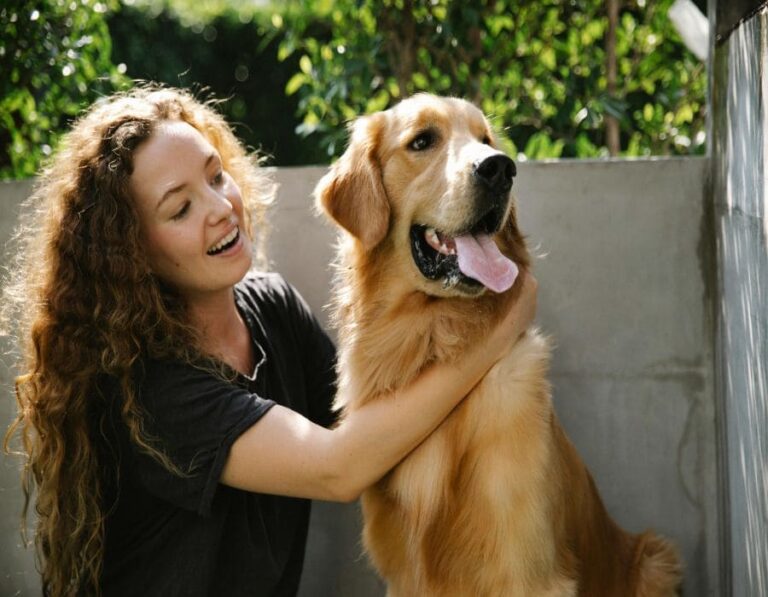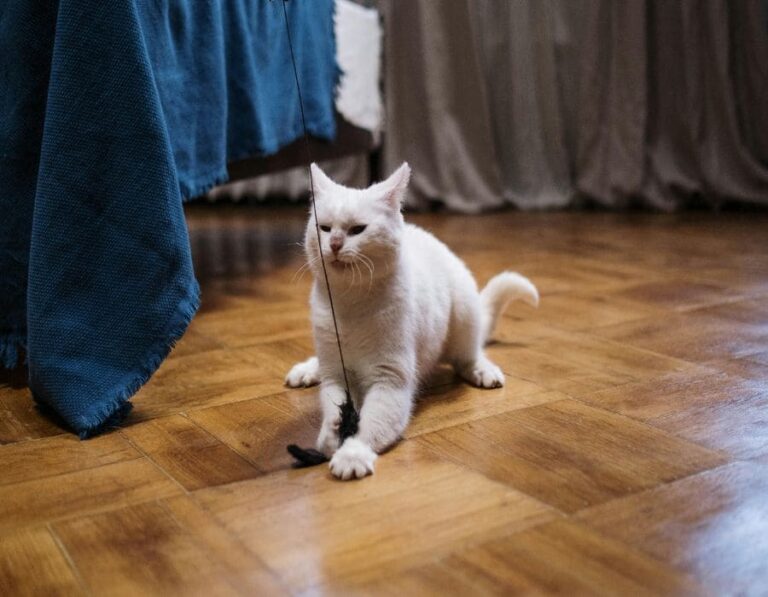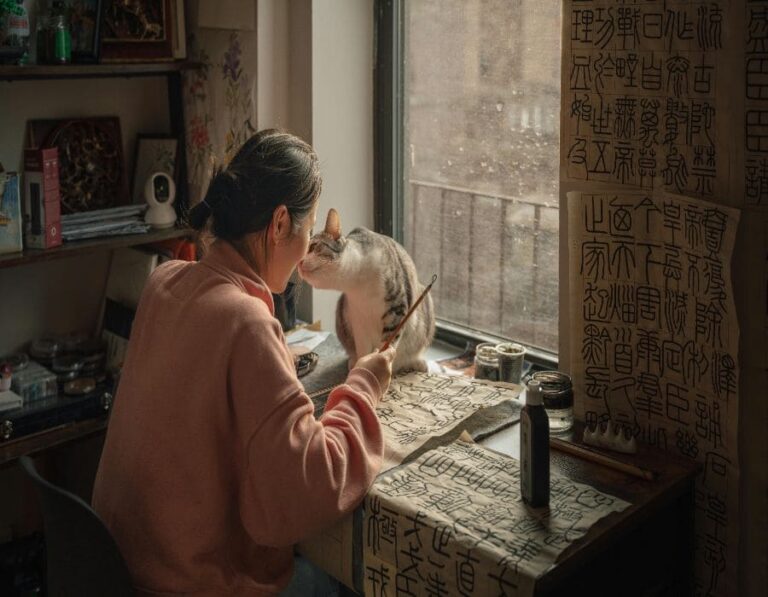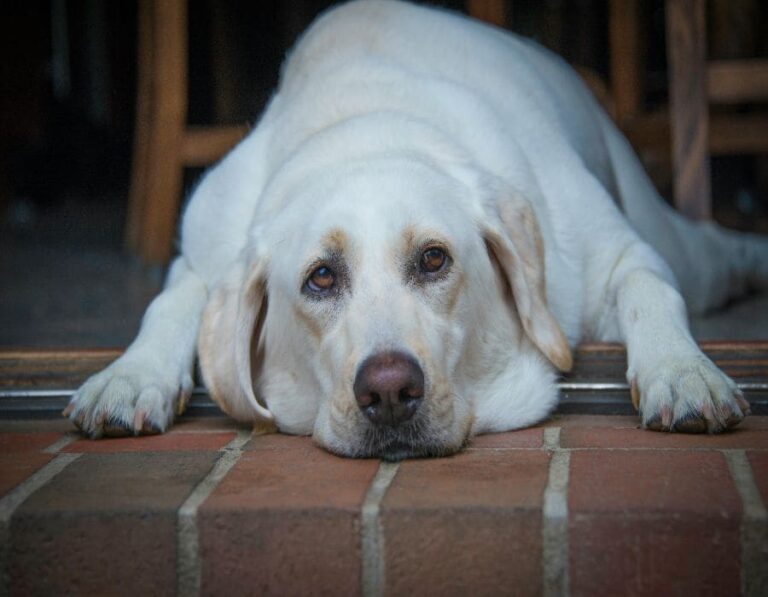12 Signs That Your Cat Might Need Some Extra Care
Cats are known for being independent creatures, often hiding their discomfort or health issues. However, there are certain signs that can indicate that your cat might need some extra attention or care. Being aware of these signs is essential for maintaining your cat’s well-being and ensuring that they lead a happy and healthy life. Here are 12 signs that your cat might need some extra care.
1. Loss of Appetite
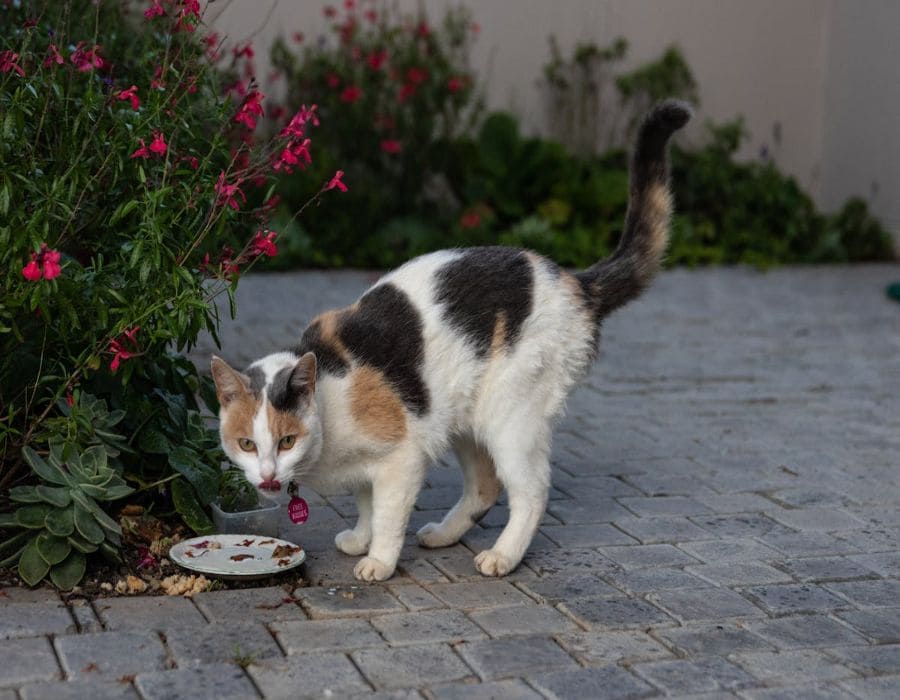
If your cat is suddenly not eating or drinking as much as they usually do, this could be a sign of a health issue. Loss of appetite can be caused by a variety of things, including stress, dental problems, or underlying medical conditions such as kidney disease, infections, or digestive issues. If your cat’s appetite changes for more than 24-48 hours, it’s time to visit the vet.
2. Lethargy or Increased Sleeping
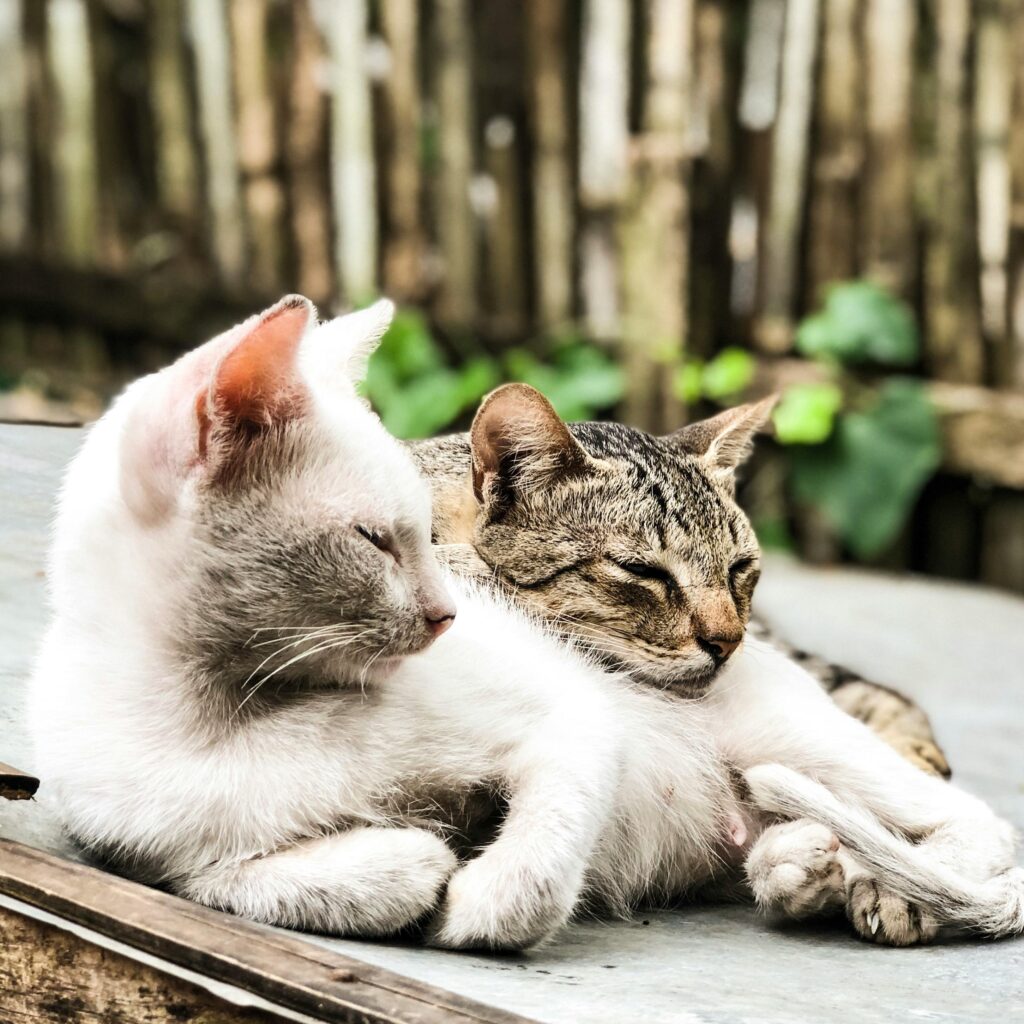
While cats do sleep a lot, a sudden change in their sleeping patterns could indicate a problem. If your cat is unusually lethargic, lacking energy, and avoiding their usual activities like playing or exploring, this could be a sign of illness. Cats who are normally active but suddenly become more reclusive might need a vet check-up to rule out any underlying health problems.
3. Excessive Grooming or Hair Loss
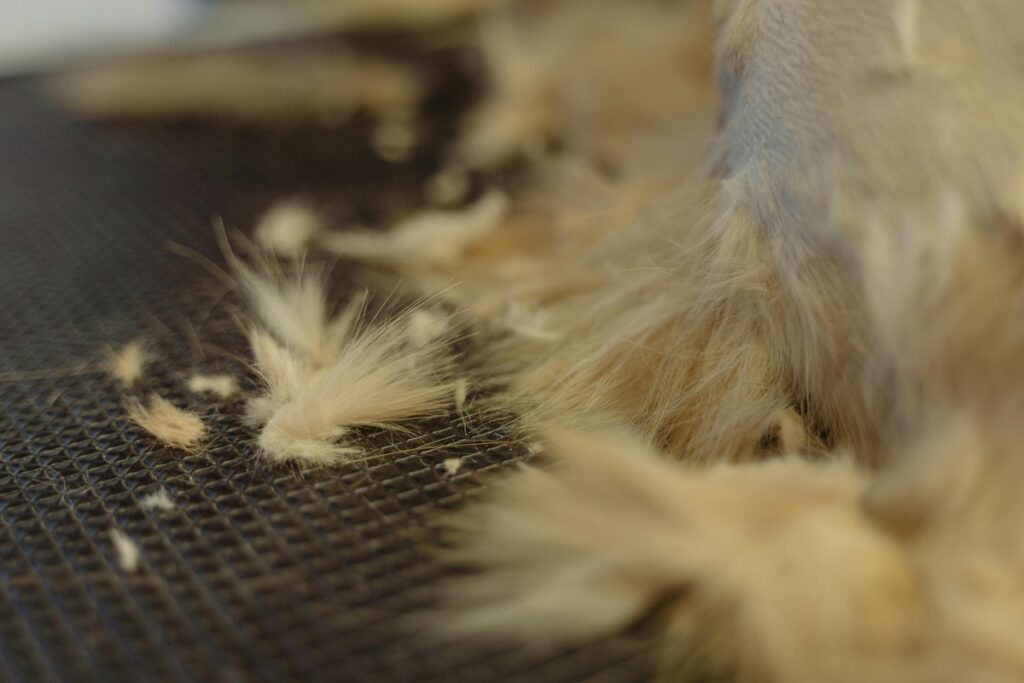
Cats are meticulous groomers, but if you notice your cat is excessively grooming or losing more hair than usual, this could be a sign of stress, allergies, skin infections, or even parasites. Cats may groom themselves excessively when they are in pain or anxious, which can result in hair loss or irritated skin. Keep an eye on their grooming habits and consult a vet if you notice any unusual changes.
4. Changes in Behavior
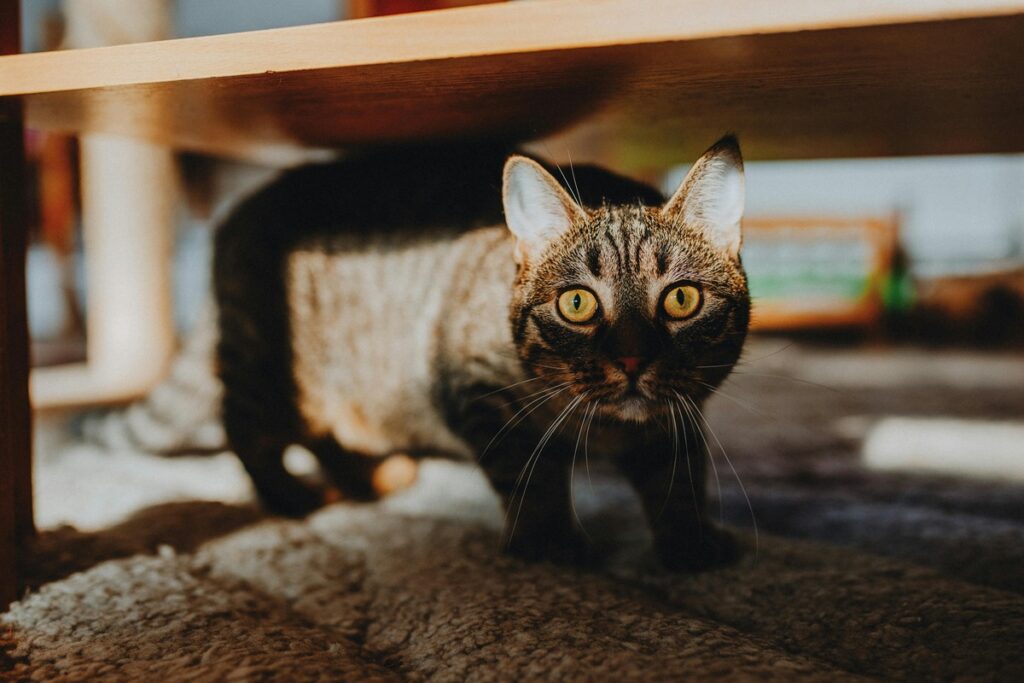
If your cat suddenly starts displaying aggressive behavior, excessive meowing, or becomes unusually withdrawn, this can be a sign that something is bothering them. Cats are sensitive to changes in their environment, and behavioral changes could be linked to health issues, stress, or even discomfort. If these behavioral shifts last for more than a few days, it’s time to seek professional care.
5. Difficulty Jumping or Moving
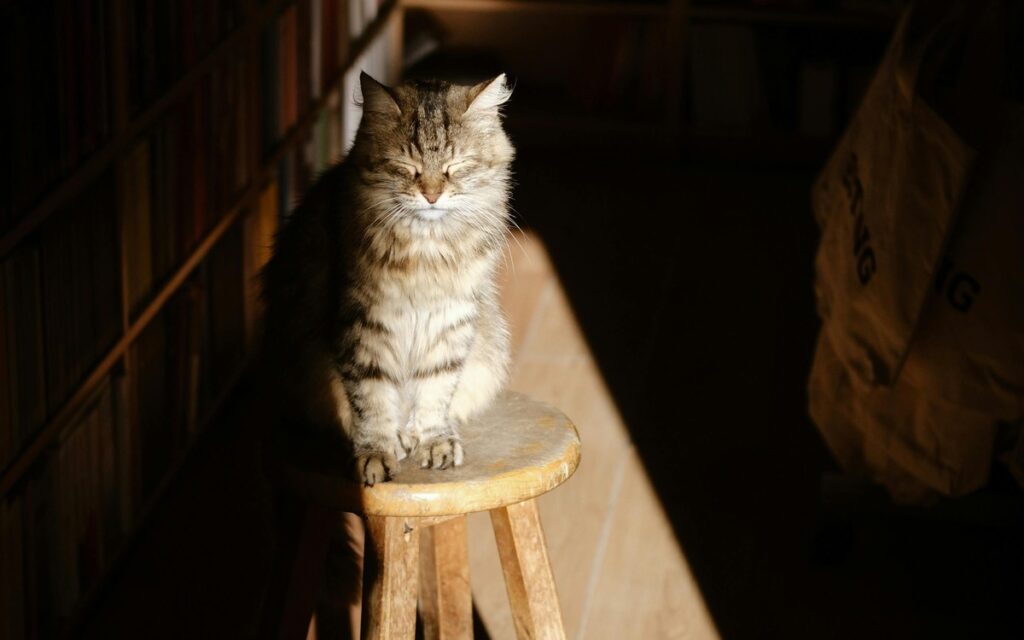
If your cat suddenly has difficulty jumping onto furniture, climbing stairs, or moving around as they usually would, it could be a sign of arthritis or other joint problems. Cats are experts at hiding pain, so subtle changes in their mobility may indicate they are in discomfort. An assessment by a veterinarian can help determine the cause and provide treatments to help ease their pain.
6. Changes in Litter Box Habits
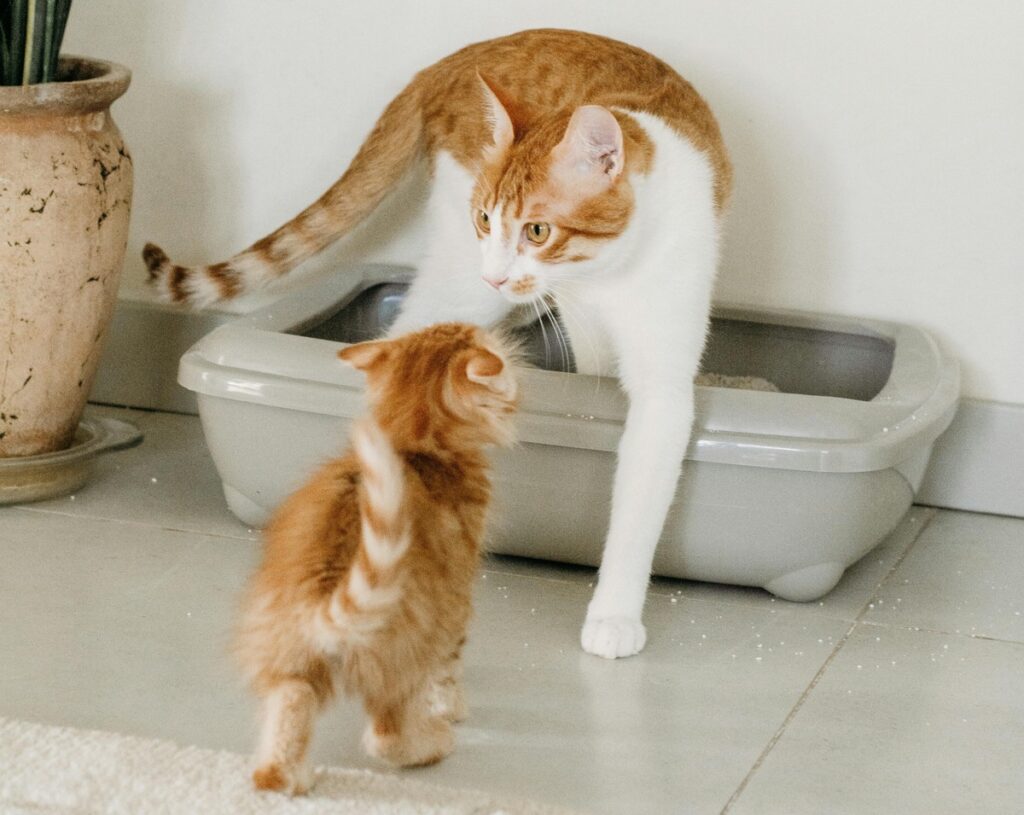
A change in your cat’s litter box habits, such as urinating outside the box, straining to urinate, or not using the litter box at all, can indicate urinary tract infections (UTIs), kidney disease, or even diabetes. If you notice any changes in your cat’s bathroom routine, it’s important to visit the vet as soon as possible to address the problem before it worsens.
7. Unexplained Weight Loss or Gain
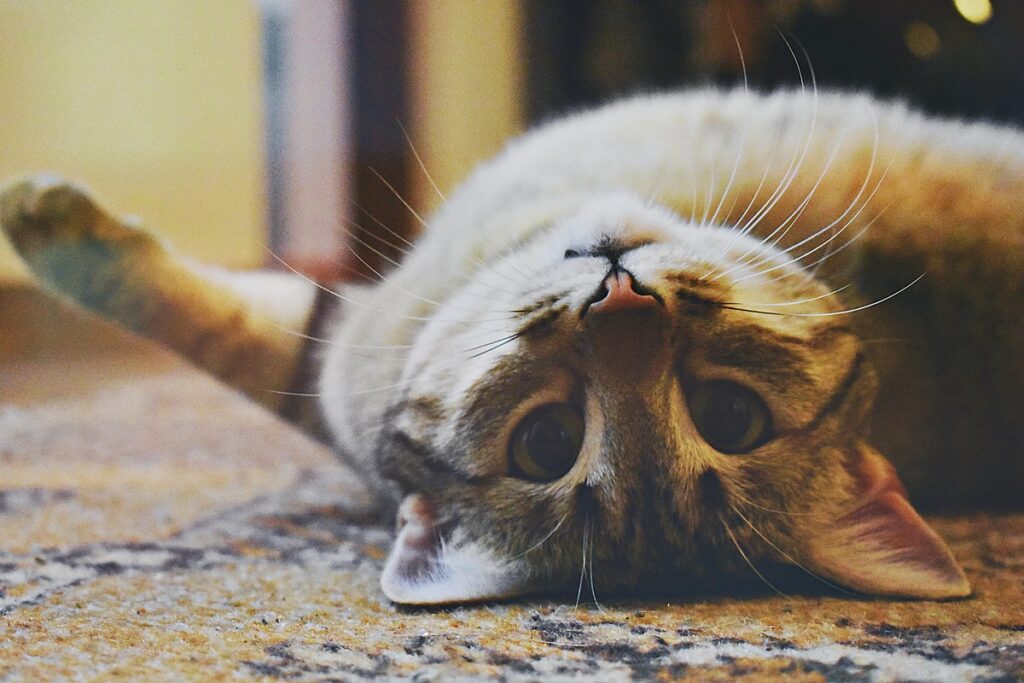
Unexplained weight loss or gain can be a sign of a variety of health issues. Weight loss might be caused by hyperthyroidism, diabetes, or gastrointestinal issues, while weight gain can indicate a hormonal imbalance, such as hypothyroidism, or even a lack of exercise. Keeping track of your cat’s weight is important, and a vet visit is necessary to determine the cause of these changes.
8. Excessive Thirst or Urination
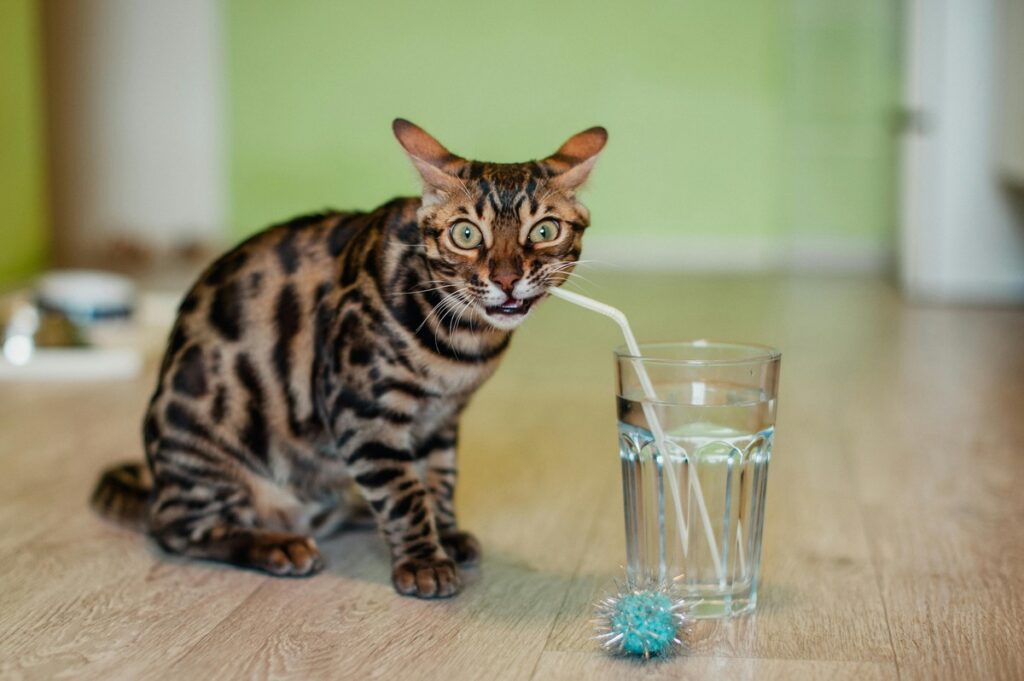
If your cat is drinking much more water than usual or urinating more frequently, it could be a sign of a medical condition like diabetes or kidney disease. These conditions often cause increased thirst and frequent urination. If you notice these symptoms, it’s important to have your cat evaluated by a veterinarian for proper diagnosis and treatment.
9. Coughing or Sneezing
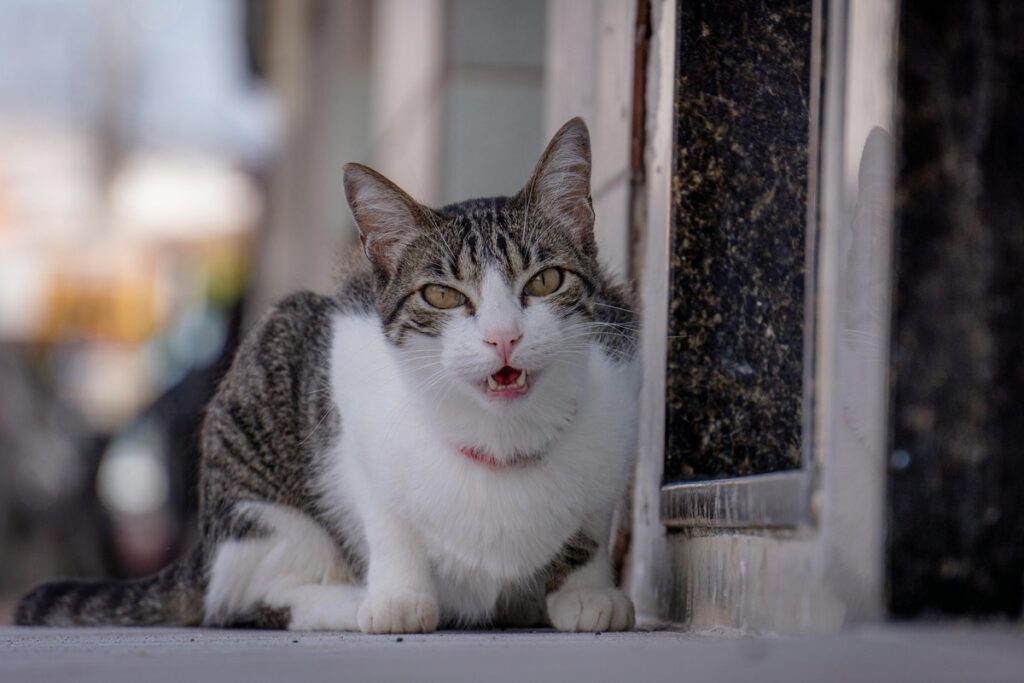
Frequent coughing, sneezing, or nasal discharge can indicate respiratory issues such as upper respiratory infections, allergies, or even more serious conditions like asthma or heart disease. If your cat is showing signs of respiratory distress, including wheezing or labored breathing, immediate veterinary attention is necessary to help prevent complications.
10. Bad Breath or Drooling

Bad breath (also known as halitosis) can be a sign of dental problems in cats, such as gum disease, tooth decay, or oral infections. If your cat’s breath smells unusually foul or if they start drooling excessively, it’s a sign that their oral health needs attention. Regular dental check-ups are essential for cats, and if you notice any oral issues, consult your vet.
11. Vomiting or Diarrhea
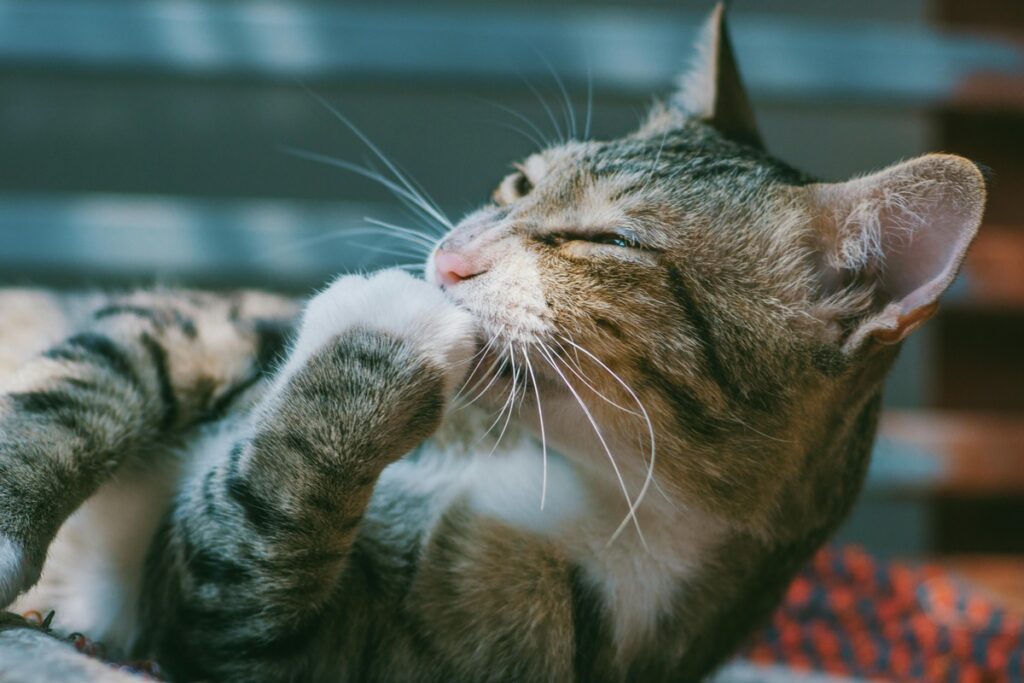
Occasional vomiting or diarrhea might not be a major cause for concern, but frequent vomiting or diarrhea can signal underlying health problems such as intestinal parasites, infections, or food intolerances. If your cat has persistent digestive issues or shows signs of dehydration, it’s important to consult your veterinarian as soon as possible.
12. Eye or Nose Discharge
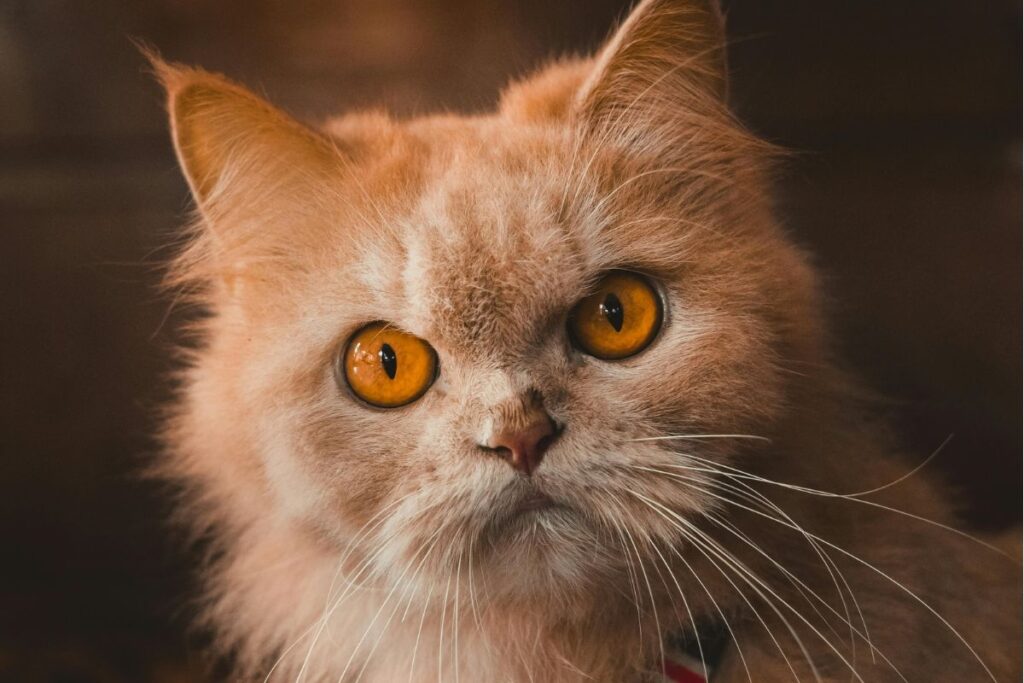
Clear or colored discharge from the eyes or nose can indicate an infection or allergy. If your cat is constantly wiping its face, has red or watery eyes, or appears to be having difficulty breathing, this could be a sign of a respiratory issue or eye infection. Prompt treatment is needed to prevent these conditions from worsening.
Conclusion

Cats are often great at hiding pain and discomfort, so it’s crucial for pet owners to pay attention to any subtle changes in their cat’s behavior or health. If you notice any of these 12 signs that your cat might need extra care, it’s essential to consult with your veterinarian as soon as possible. Early intervention can help prevent more serious health issues and ensure that your feline companion remains happy, healthy, and comfortable. Regular vet check-ups, a balanced diet, and lots of love can go a long way in ensuring your cat’s long-term well-being.


